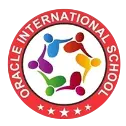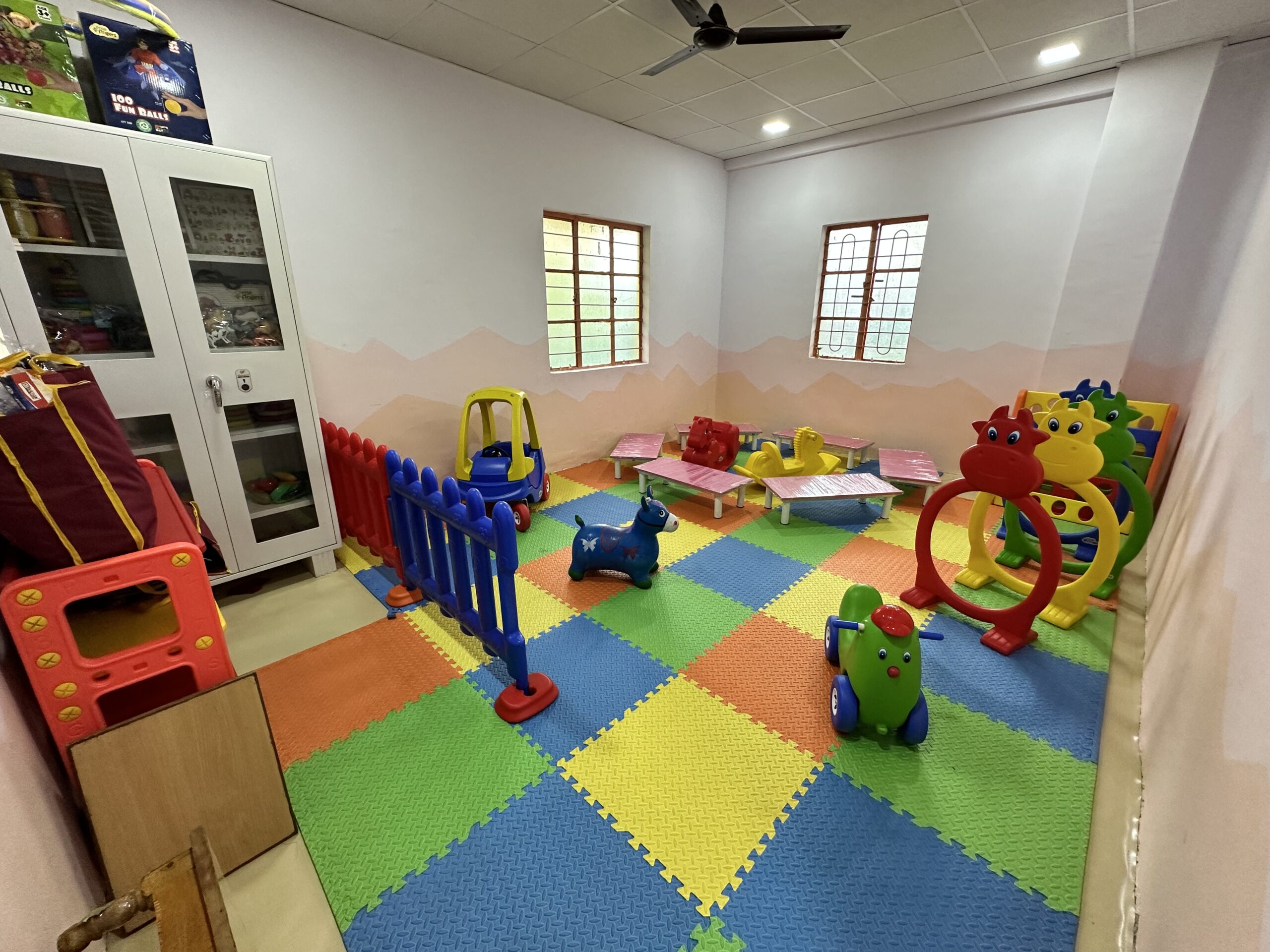Nurturing young minds through play is fundamental to early learning. From their first smile to the moment they start to explore the world around them, children learn best through experience, interaction, and hands-on activities. At Oracle School, our approach is centered on the idea that every toy can spark curiosity, build essential skills, and encourage creativity. Whether it’s a soft teddy bear or an interactive puzzle, the toys children play with are not merely sources of entertainment—they are the catalysts for developing cognitive, social, and emotional skills that lay the foundation for future academic success.
Playtime is a universal language for children. It transforms every environment—a cozy living room, a vibrant classroom, or even a quiet garden—into a dynamic space of exploration and discovery. By carefully choosing educational toys that match a child’s developmental stage, parents and educators can ensure that play is not just fun, but also meaningful and developmental. For more ideas on fostering early learning, do visit the Oracle School homepage.
Why Educational Toys Matter
The benefits of educational toys go far beyond passing the time; they are powerful tools for growth. In the early years, a child’s brain is highly adaptable and absorbs information like a sponge. Educational toys help turn this extraordinary period into one of lasting impact. They contribute to:
Sensory Development: Toys that incorporate different textures, sounds, and colors help children learn about their environment through their senses. For instance, toys like sensory balls and textured blocks encourage children to touch, feel, and explore new sensations.
Motor Skill Enhancement: Whether it’s grasping, stacking, or moving, manipulating toys contributes to the development of both fine and gross motor skills. This aspect of physical development is crucial as it prepares children for more complex tasks such as writing and drawing.
Social and Emotional Growth: Toys that promote group play allow children to learn about sharing, teamwork, and empathy. Playing with role-play sets such as kitchen or doctor kits can also foster important social skills and emotional intelligence.
Cognitive Skill Building: Puzzles, memory games, and interactive storybooks encourage problem solving, critical thinking, and decision-making. As children identify patterns, compare shapes, or sequence events in stories, they refine the cognitive abilities that will serve them in all areas of learning.
By investing in the right kind of toys, parents and educators can provide children with opportunities that are both fun and educational—transforming everyday play into a vital part of a child’s developmental journey.
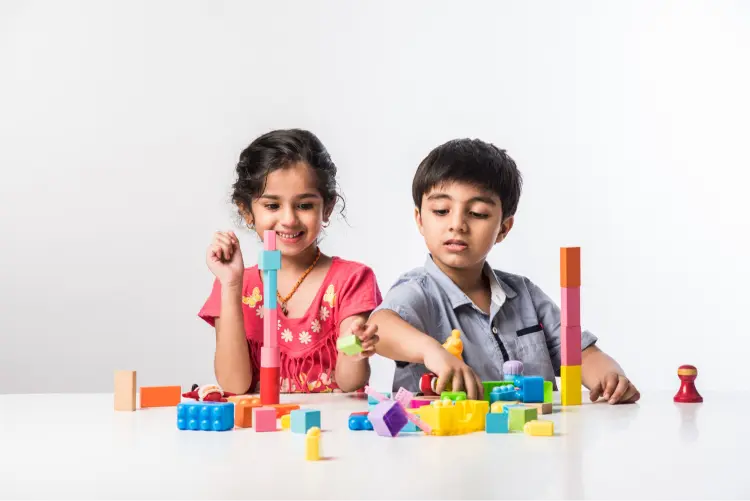
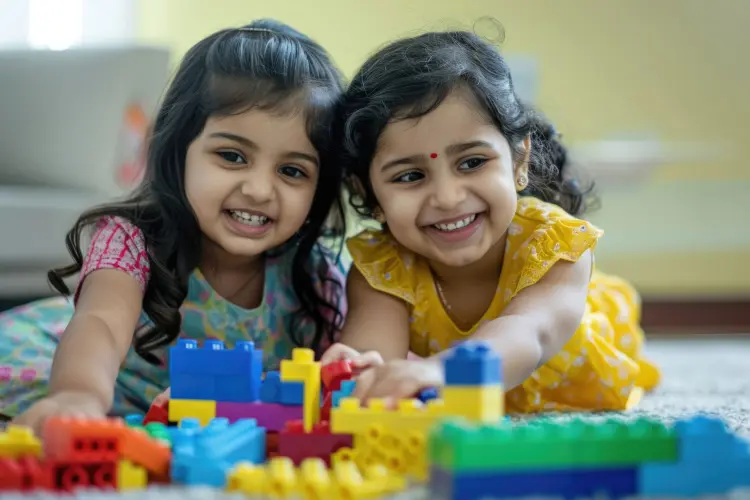
Age-Appropriate Toy Selection
Selecting toys that are suitable for your child’s age is key to making play both safe and beneficial. Toys that are too advanced can lead to frustration, while those that are overly simplistic might not offer enough challenge to stimulate growth. Here’s a general guide to age-appropriate options:
Ages 1–2: At this stage, soft blocks, sensory balls, and stacking toys are ideal. These items are designed to be safe for little hands while providing opportunities for exploring colors, shapes, and basic cause-and-effect relationships.
Ages 2–3: As children grow, they begin to understand and appreciate simple puzzles, shape sorters, and musical instruments. These toys help build early problem-solving skills and begin to foster a love for exploring sounds and textures.
Ages 3–5: Preschoolers can handle more complex challenges like building sets, interactive books, and simple board games. These toys not only encourage critical thinking but also help children learn about taking turns and following simple rules during group play.
Each phase of development is unique, and choosing age-appropriate toys can significantly enhance a child’s ability to learn, grow, and explore in a safe, engaging manner.
Building Cognitive Skills Through Play
Cognitive development is all about learning, problem solving, and understanding the world. Every toy that requires the child to think, analyze, or solve a problem adds to a firm cognitive foundation. For instance, puzzles do more than just entertain; they require the child to identify patterns, match pieces, and logically complete a picture. Matching games and memory cards stimulate the brain to recognize sequences and enhance memory retention.
Moreover, role-playing toys encourage language development, as children begin to narrate stories, ask questions, and share their experiences. As they verbalize their thoughts, they practice articulation, improve vocabulary, and build communication skills—all of which are essential in both academic and personal contexts. Integrating learning with play makes abstract concepts more tangible and encourages a curiosity that can last a lifetime.
Motor Skills and Educational Toys
Children develop their motor skills by interacting with toys that challenge both fine and gross motor coordination. Fine motor skills involve intricate movements, like picking up small objects or drawing shapes, while gross motor skills relate to broader movements such as running, jumping, or pushing a toy car.
Toys such as bead mazes, stacking rings, and pull-along toys are excellent for refining hand-eye coordination and muscle strength. These fundamental skills are the building blocks for later tasks like writing, sports, and even everyday activities like buttoning a shirt. By engaging with these types of toys, children not only enjoy their playtime, but they also acquire skills that help them navigate their physical world with confidence and coordination.
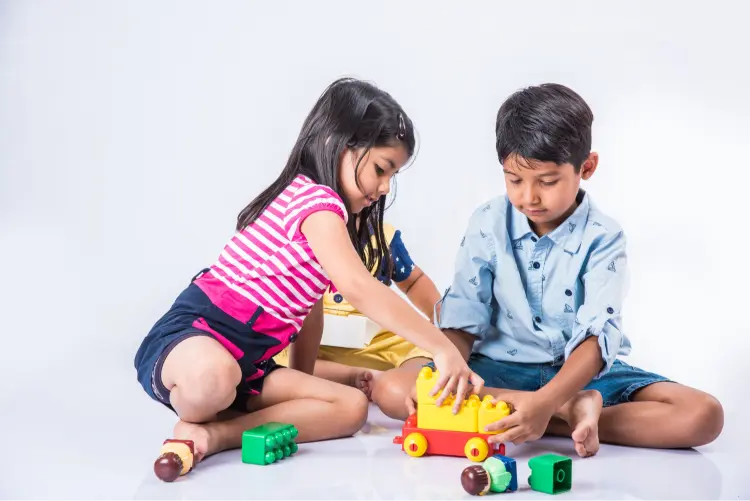
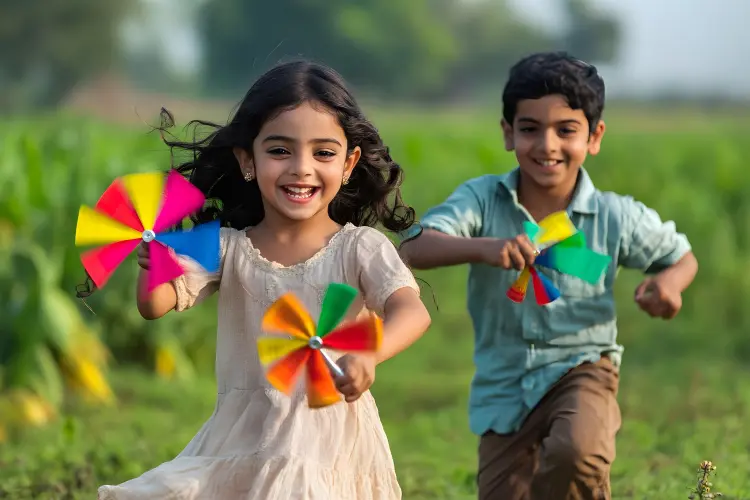
Emotional and Social Development
Educational toys extend their benefits to the emotional and social spheres as well. Through play, children learn to express themselves and understand the feelings of others. Role-playing toys, such as pretend kitchens, doctor kits, or dollhouses, offer children the opportunity to simulate real-life scenarios in a safe and controlled environment. This type of play teaches them about responsibility, cooperation, empathy, and conflict resolution.
Additionally, group play with educational toys encourages sharing and turns-taking, essential social skills that lay the groundwork for effective communication and relationship-building. These experiences can have lasting effects on a child’s ability to interact with peers and build a sense of community. In every classroom and home setting, nurturing these skills through thoughtful play is invaluable for long-term emotional and social success.
Tech-Free Learning: The Magic of Simple Toys
In a world where digital devices are prevalent, the value of screen-free play cannot be understated. Traditional toys, such as wooden puzzles, stacking blocks, and picture books, offer deep learning benefits that digital alternatives may not fully replicate. These toys demand that children focus, engage their senses, and immerse themselves in hands-on learning experiences.
Simple toys encourage face-to-face interaction, which is crucial for developing interpersonal skills. They also require children to concentrate on tasks and engage fully with the material, an essential foundation for later academic success. By reducing screen time and emphasizing tactile learning, parents can help children develop healthier habits while still offering endless opportunities for education and fun.
Top 5 Must-Have Educational Toys
Drawing from experiences in the classroom at Oracle School, here are five educational toys that consistently prove to be excellent choices for early learning:
Building Blocks: These versatile toys support spatial awareness and fine motor skills. They allow children to experiment with balance, symmetry, and creative design.
Shape Sorters: Perfect for early problem solving, shape sorters help children develop hand-eye coordination and the ability to recognize and differentiate between various shapes.
Storybooks: More than just a collection of pages, storybooks build vocabulary, comprehension, and imagination. They are also great conversation starters and can be used to bond with parents or educators.
Musical Instruments: Even simple instruments can offer tremendous educational value by teaching rhythm, coordination, and sensory exploration through sound and movement.
Pretend Play Kits: Whether it’s a miniature kitchen set or a dollhouse, pretend play kits foster creativity, communication, and emotional expression while also building social skills.
Each of these toys offers a blend of cognitive, motor, and social benefits. They help balance structured learning with the joyful spontaneity of play, ensuring that children develop holistically in a nurturing environment.
How Parents Can Support Learning at Home
Parents are a child’s first and most influential teachers. While educational toys provide an excellent foundation, active parental involvement can amplify their benefits. Engaging with your child during playtime can transform simple moments into rich learning experiences. Here are some ways parents can support learning at home:
Participate in Play: Instead of simply providing toys, take part in your child’s play. Ask them questions about what they are doing, encourage them to explain their thought process, and introduce new ideas or challenges.
Create a Dedicated Play Zone: Designate a safe, engaging space in your home where your child can explore different types of toys. This zone should be filled with a variety of educational toys that cater to different aspects of their development.
Encourage Social Interaction: Arrange playdates or small group activities so children can learn social skills through cooperative play. When children share and work together, they learn valuable lessons in communication and empathy.
Balance Screen Time: While technology is a part of modern life, balancing screen time with tech-free play is essential. Encourage activities that foster creativity and active learning rather than passive consumption.
For more ideas on creating an engaging home environment, check out the resources available on the Oracle School. With thoughtful involvement and a supportive atmosphere, parents can make a lasting impact on their child’s learning journey.
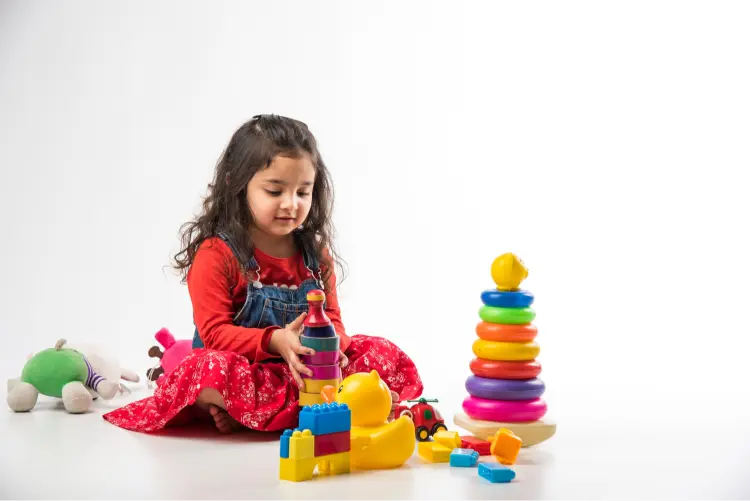
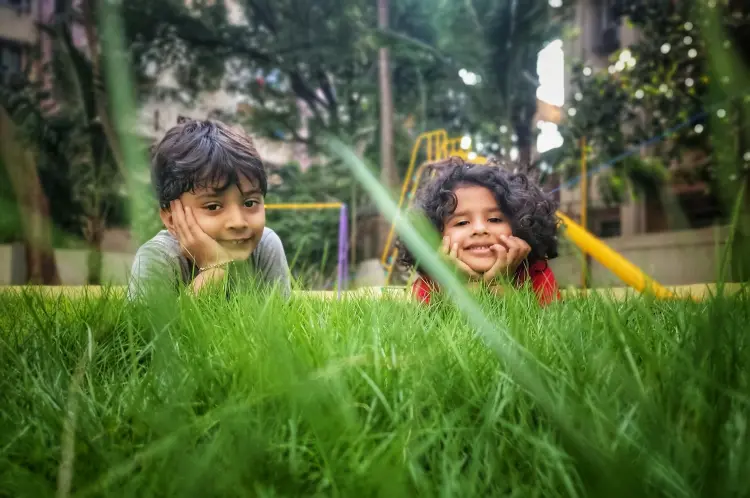
Join the Oracle School Learning Journey
At Oracle School, we believe in the transformative power of education through play. Our programs are designed to merge structured learning with interactive, hands-on activities that inspire curiosity and confidence in young learners. We invite parents, educators, and community members to join us in crafting a nurturing environment where every child can thrive.
Our approach emphasizes individual growth, creativity, and social collaboration. In our classrooms, educational toys are a cornerstone of daily activities—they provide countless opportunities for children to experiment, learn, and develop the skills that will serve them throughout their lives. We are proud to see our students grow, explore, and build a love for learning from the very start.
Conclusion
Educational toys are much more than just playthings. They are essential building blocks for early learning that help children develop cognitive skills, fine and gross motor abilities, and social and emotional intelligence. By carefully selecting age-appropriate toys and actively engaging with your child during playtime, you set the stage for a vibrant, lifelong journey of discovery and growth.
Investing time and thought into play leads to a richer learning experience—one that inspires curiosity, nurtures creativity, and lays a strong foundation for success. Explore our insights and discover ways to transform everyday play into powerful learning moments for your child. Visit the Oracle School to find out more about our approach and programs designed to elevate early education.

